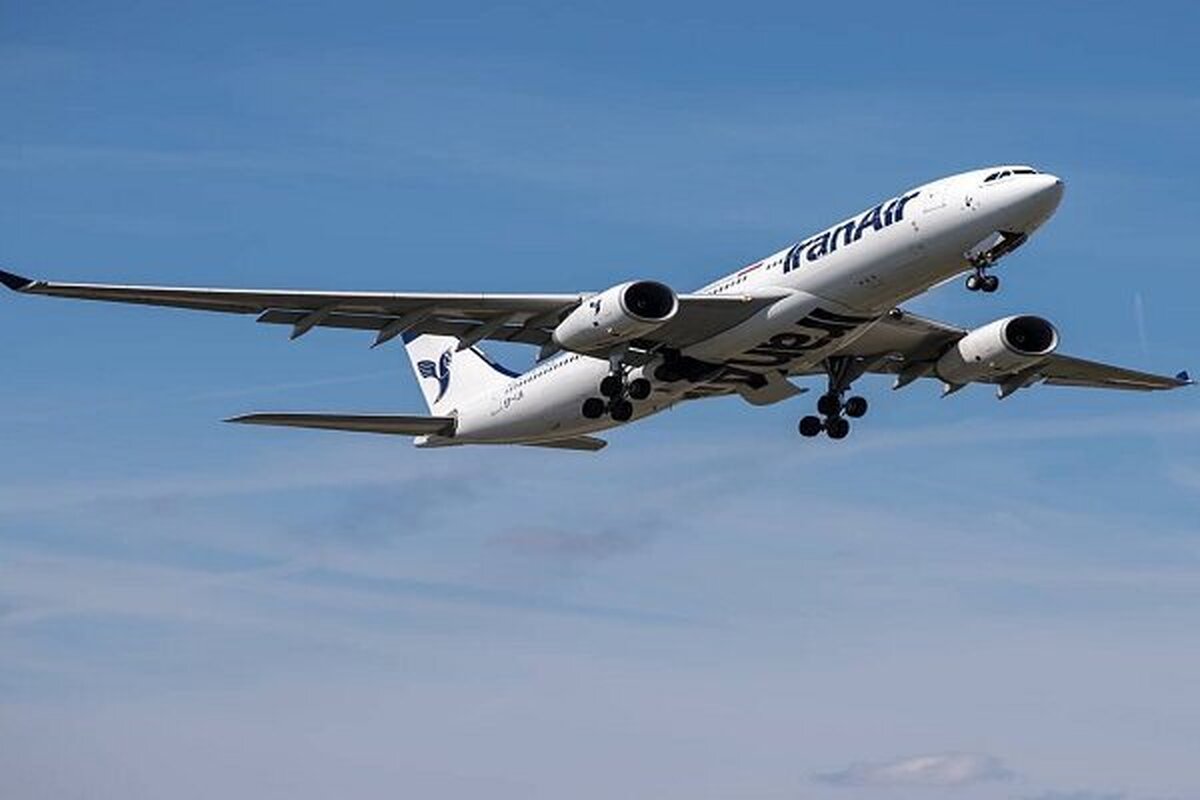
Exports From 3 Borders With Iraq Halted During Arbaeen Pilgrimage
Rouhollah Latifi was also quoted as saying by IRNA that traders can use other border crossings, namely Parvizkhan, Soumar, Shoshemi, Sheikh Saleh and Khorramshahr’s marine border crossing.
“The measure has been taken because these border crossings do not have the capacity to accommodate both pilgrims and trucks at the same time,” he added.
Iraq hosts over two million Iranians every year during Arbaeen, a major Shia event marking the 40th-day anniversary of the martyrdom of Imam Hussein (PBUH), the grandson of Prophet Muhammad (PBUH), and his 72 family members and companions.
Iran reopened all of its borders with Iraq as of Wednesday morning, a day after they were closed due to the security situation following Iraqi Shia cleric Muqtada Al-Sadr’s announcement to quit political work.
“All borders with Iraq are open both for outgoing pilgrims and trade purposes,” Latifi said.
The reopening came shortly after Sadr called on his supporters to withdraw from the streets, state media reported.
Tehran had closed its borders and halted flights to Iraq, amid an eruption of violence in the neighboring country.
Arbaeen falls on Sept. 16-17 this year.
Tehran also moved to halt flights to Iraq in the wake of the security situation in Iraq.
“Flights to Najaf Airport have returned to normal,” Saeed Chalandari, the caretaker of Imam Khomeini International Airport, said on Tuesday.


